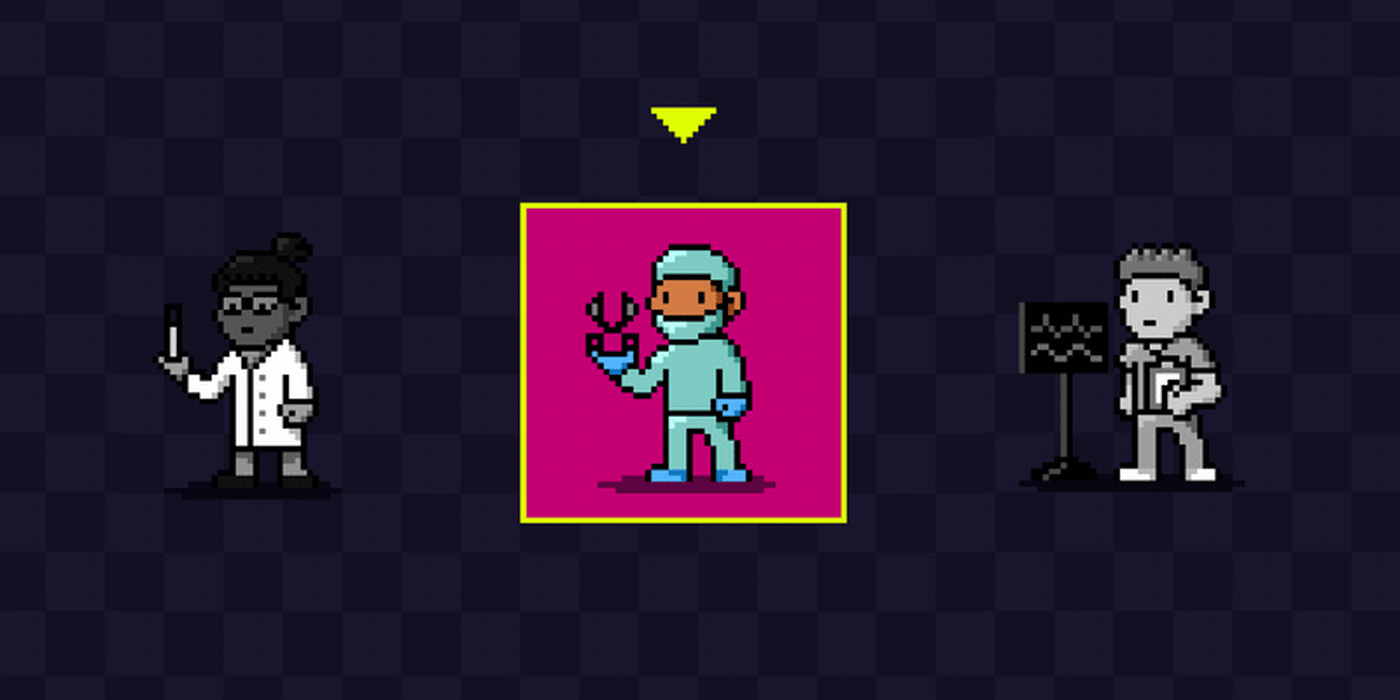Recently, I was having a conversation with my boyfriend about advancements in medicine, and the topic of robotic surgery came up. I mentioned the DaVinci robot that enabled a surgeon to perform an operation from across the room, and recalled a prostatectomy I observed during my clinical rotations. During this discussion, the question was posed as to whether a surgery could be performed by a robot remotely. To me, this seemed very possible. A surgeon could perform a surgery from across the room, so why not from across the country?
“It's not possible right now,” my boyfriend told me confidently.
Why not?” I asked. “There are Bluetooth stethoscopes in use that enable a person to auscultate the heart and lungs from another country.”
“There's a lag time,” he explained, “and that can affect your precision.”
To demonstrate, he showed me an exercise using what he called “the world's most boring video game.” As an instructor at the test pilot school on a military base, he often uses simulation for instruction, and one of the tools he uses to demonstrate reaction time is said video game, which consists of a monitor and a joystick. Little red dots and a circle are on the screen, and the red dots are in constant motion. The purpose of the game is to manipulate the joystick to fit a little white circle over one of the red dots. All of the variables can be adjusted, including the motion of the red dots and the response time with the joystick. The first time I tried the game, I was easily able to follow a red dot with the joystick and fit the white circle around it as it bounced around the screen.
“OK,” he said, “now let’s adjust the response time. We’ll delay it just a little bit.” Even with a fraction of a second’s delay between the movement of the joystick and the white circle, I struggled to keep up, and it was not difficult to see the problem. Surgery requires precision, which relies on split-second timing and the ability to react in real time. If a surgeon severs a critical artery during surgery, even a fraction of a second delay can be costly. A surgeon may be able to perform surgery from across the room using a robot, but there is a limit to how far away they can be and still respond to any kind of situation in a timely manner.
With the rapid advancement of medical technology, it is easy to think we are close to replacing medical professionals with AI. For instance, there is currently a computer program in development that uses AI to interpret chest X-rays, seemingly eliminating the need for a radiologist. However, my exercise with “the world’s most boring video game” showed me that as advanced as our current technology is, there is still progress to be made. The program to interpret chest X-rays is not nearly as accurate as a trained radiologist, and is thus not nearly as useful as it might seem.
I also got an additional lesson from this exercise — a demonstration of the benefit of interdisciplinary collaboration. Biomedical engineering has long been recognized as a field, but it has largely been the realm of engineers rather than medical professionals. The same is true for EMR software, which is often developed by people with more knowledge of computers than knowledge of clinical work. Collaboration across disciplines allows the filling in of gaps of knowledge and provides different perspectives that may lead to the development of creative solutions to our most pressing medical problems.
What are your thoughts on the future of robots performing surgery? Share in the comments.
Hillary McDonald is a urology PA practicing in southern Maryland. She enjoys learning about random trivia, especially if it's related to medicine, and any activity that takes her outdoors. Recently she was crazy enough to run her first 50k race, and she's looking for the next challenge.
Animation by Diana Connolly




